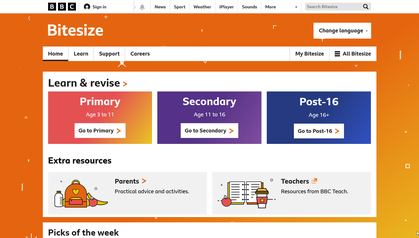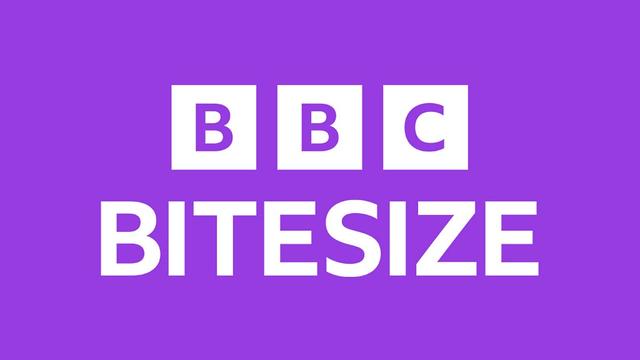I should introduce you both to ‘BBC Bitesize’.
https://en.m.wikipedia.org/wiki/BBC_Bitesize
The original format was bite sized chunks of learning. It predates the modern form of short educational videos (a la khan academy and TikTok). The service was related to, and an evolution of, the educational overnight broadcasts by the bbc…
@shriramk @plragde sadly I’m not sure.
Their project had been going for so long, that I remember using it by from having to record the videos!
The bbc bitsize ‘about page’ notes that it is designed by teachers and subject matter experts. Notably designed for the curricula from across the UK.
https://www.bbc.co.uk/bitesize/articles/z6x992p
You might be more interested in micro bit and make code. The latter may be familiar (scratch).
https://makecode.microbit.org/
The main thing is that these resources are for primary and secondary pupils. Tertiary education is not necessarily accounted for.
@plragde Yes, very much. There's a trade-off between making the steps too big (right now) and too small. Technically PLAI is actually "bitesized" in that ~every chapter = 1 50 minute class lecture, but it's hard to realize that from the book. And the chapters are often much longer than the class. And 50 minutes is already stretching it.
But note that SMoL Tutor *very* much embodies the principle at a good chunk size.
The undergraduate with whom I was reading PLAI had a hard time reading the book.
Nothing to do with the style: he has been trained to "Stack Overflow" everything, where one skims to find the information needed to answer a specific question.
In the section on closures, he was hunting for what he needed for the interpreter and used the first version of the code without environments. The few tests that he wrote passed and he was therefore content.
Totally missed the point of the exposition. Did not question why there would be several versions.
He was doing this on his own time during summer vacation, so it isn't hat he is lazy or a slacker.
Reading is hard for this generation. We'll maybe reading is hard and has gotten harder?
@monkey1 @shriramk I've had students (some, not all) "read on demand" for some time now, but usually in the context of a course with assignments. Yes, they run into trouble with progressive exposition. Worse is when a student says "I'm a visual learner," or asks "Are there other resources to learn these ideas?", meaning "Where can I find more examples that I can try to tweak?".
I still write, but it feels increasingly obsolete. Even with my latest work, people are asking for videos.


